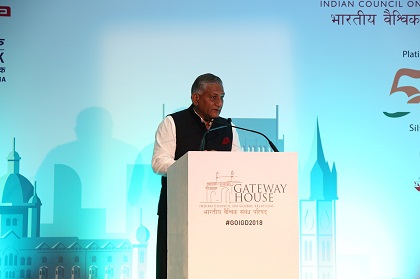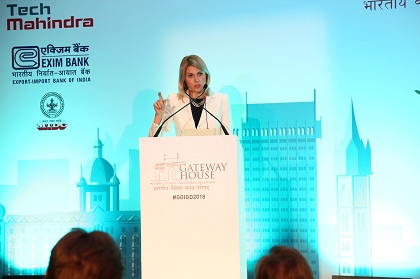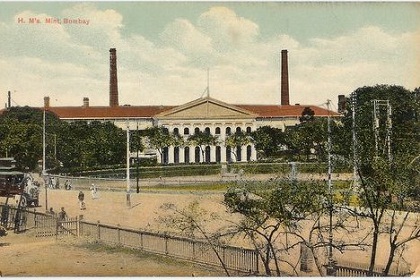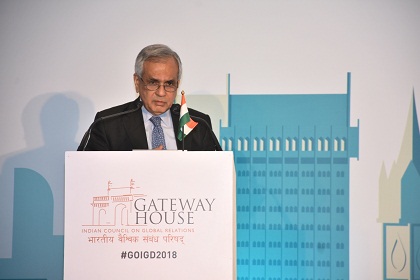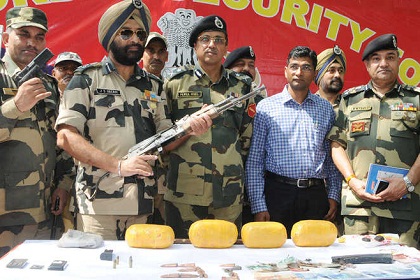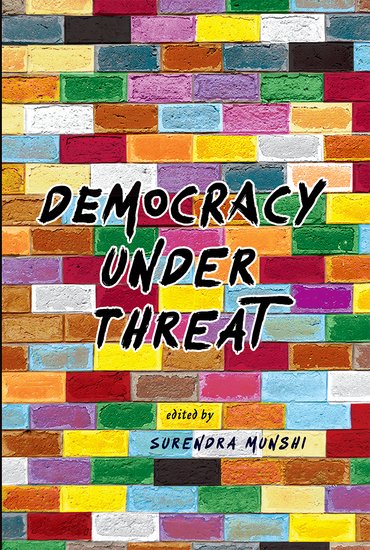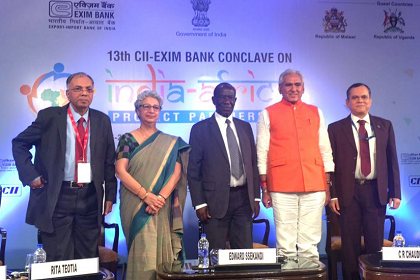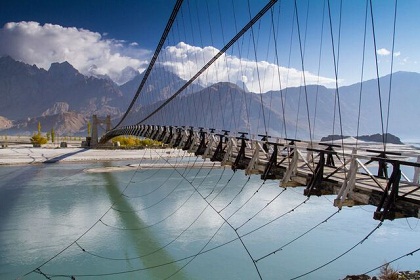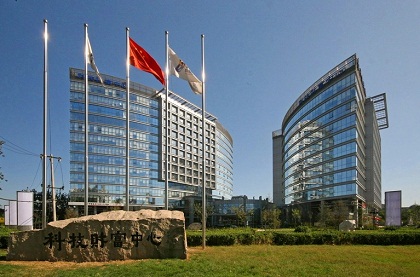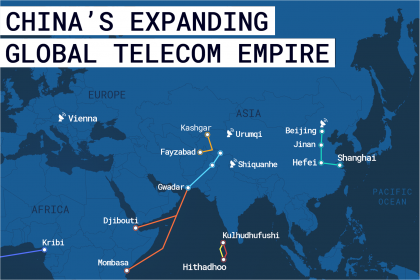“An open economy facilitates and connects”
There is expertise available, sometimes in small countries, and is in demand worldwide. Protectionism will affect each member of the global community; it will put brakes on projections for India’s growth. The challenges it presents need to be resolved so that everybody benefits, said Gen. (Dr.) V.K. Singh

